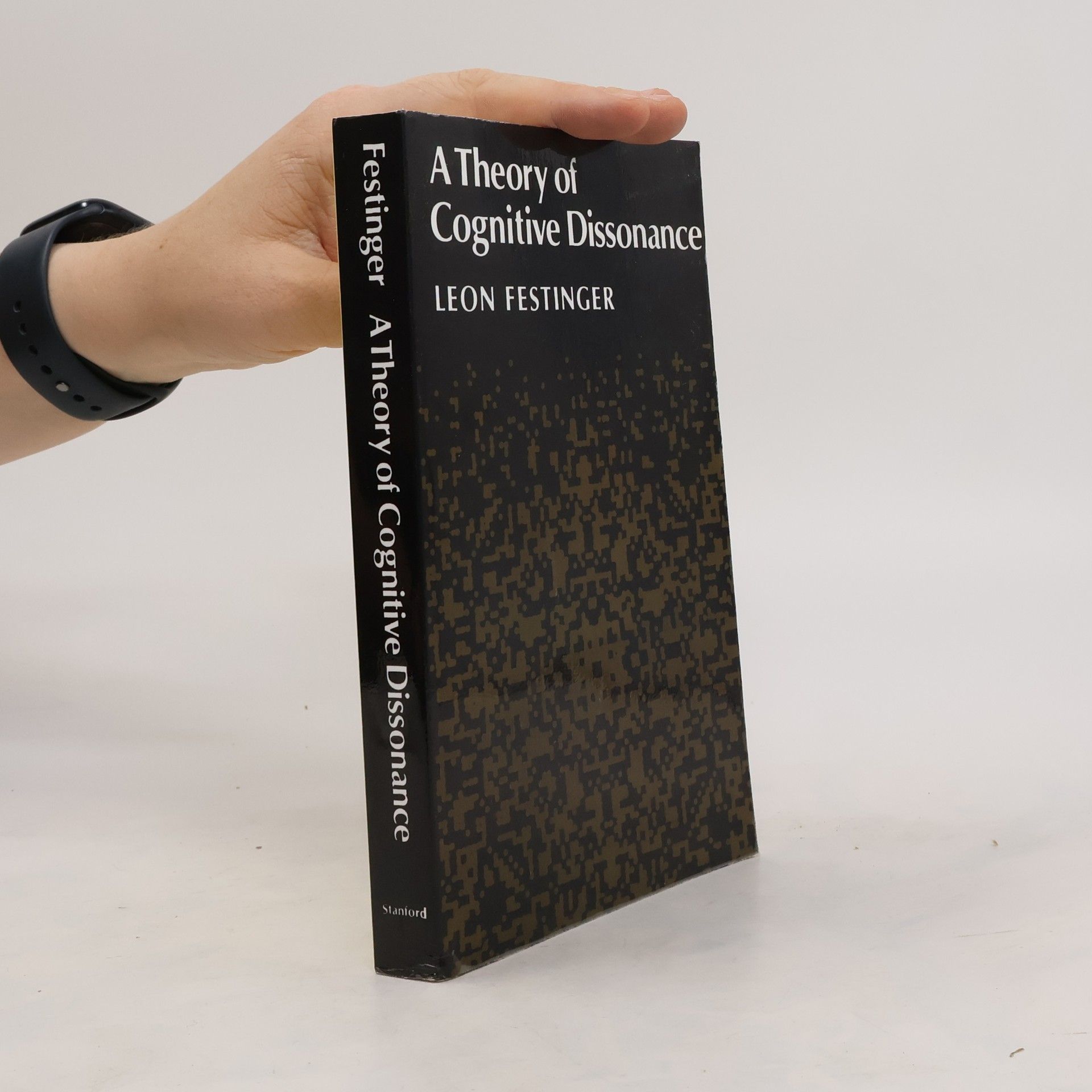V knize z roku 1956 byla poprvé formulována slavná teorie kognitivní disonance (stav mysli vzniklý rozporem mezi dvěma poznáními či postoji). Vědci se infiltrovali do skupiny, která věřila v nadcházející apokalypsu a svou záchranu prostřednictvím UFO. Když ke konci světa nedošlo, skupina si to vysvětlila tím, že právě díky jejímu působení se bůh země rozhodl naši planetu zachránit. Festinger dochází k závěru, že aby člověk začal ještě silněji věřit nějaké teorii i poté, co se nesplnilo jeho očekávání, musí být splněno několik podmínek – například v minulosti musel své víře hodně obětovat a musí mít silnou sociální podporu. Tím dochází k odstranění kognitivní disonance (vnitřního rozporu), takže jakýkoli důkaz svědčící proti zastávané teorii je vysvětlen tak, aby teorii nevadil, nebo ji dokonce podpořil. Kromě své vědecké hodnoty je kniha, kterou lze číst jako román, zajímavým příběhem malé skupiny lidí, jež spojovalo bizarní, ale fascinující přesvědčení.
Leon Festinger Book order (chronological)
Leon Festinger, a psychologist with an early interest in science, is renowned for his theory of cognitive dissonance. He explored how individuals strive for internal consistency and the psychological tension that arises when they are compelled to act or think contrary to their beliefs. His work illuminates the ways in which people attempt to reconcile these conflicts, revealing a powerful influence on human behavior. This theory has become a cornerstone for extensive further research within psychology.




Originally published: Evanston, Ill.: Row, Peterson, c1957.